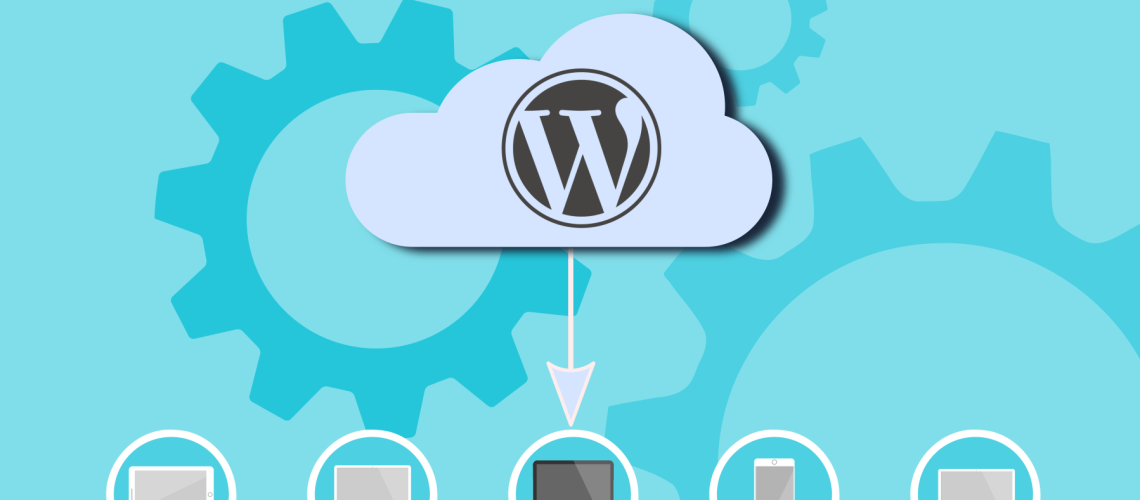As an expert in WordPress and WooCommerce hosting, I understand how important it is to choose the right hosting provider. The right hosting provider can help you achieve a stable, secure, and fast website, while the wrong one can lead to slow load times, poor performance, and even security breaches. In this article, I will provide you with the top ten things to look for in a hosting provider to ensure that you choose the best one for your website.
- Uptime Guarantee
One of the most important things to look for in a hosting provider is an uptime guarantee. Uptime refers to the amount of time that your website is up and running without any interruptions. Any downtime can lead to lost visitors, revenue, and even damage to your website’s reputation. A good hosting provider should offer an uptime guarantee of at least 99.9%.
- Backup Services
Backing up your website is crucial to ensure that you can recover your website in case of any data loss. A good hosting provider should offer regular backups, and it’s best if they have automatic backup services. Automatic backups ensure that your website’s data is always up to date, and you won’t have to worry about performing manual backups.
- Email Services
Email services are an essential feature to consider when choosing a hosting provider. Many hosting providers offer email hosting as part of their package, which allows you to create custom email addresses with your domain name. Having a custom email address can give your website a professional look, and it’s also important for communication with your customers and clients.
- Security
Website security is another critical feature to look for in a hosting provider. A good hosting provider should offer multiple layers of security, including firewalls, malware detection, and SSL certificates. Additionally, they should provide regular security updates to ensure that your website is always protected from the latest security threats.
- Managed Services
Managed services are essential to consider, especially if you’re not tech-savvy or don’t have the time to manage your website. Managed services include automatic updates, virus scanning, and caching. These services ensure that your website is always up to date, secure, and running smoothly.
- Customer Support
Good customer support is crucial when choosing a hosting provider. You want a provider that offers 24/7 customer support and has multiple ways to contact them, such as phone, email, and live chat. Additionally, they should have a knowledgeable and friendly support team that can help you with any issues you may encounter.
- Scalability
Scalability is another essential factor to consider when choosing a hosting provider. Your website may start small, but as it grows, you may need to upgrade to a higher plan. A good hosting provider should offer multiple hosting plans that allow you to scale up or down based on your website’s needs.
- Control Panel
The control panel is the interface that you use to manage your website, and it’s essential to choose a hosting provider that offers a user-friendly control panel. cPanel is a popular control panel that many hosting providers use, and it’s known for its ease of use and flexibility.
- Performance
Website performance is crucial for providing your visitors with a positive user experience. A good hosting provider should offer fast load times, low server response times, and high website speed scores. Additionally, they should have servers in different locations to ensure that your website loads quickly for visitors from all over the world.
- Pricing
Last but not least, pricing is an essential factor to consider when choosing a hosting provider. While it’s essential to choose a provider that offers high-quality services, you also want to make sure that their pricing fits your budget. Look for a hosting provider that offers transparent pricing and doesn’t charge any hidden fees.
In conclusion, choosing the right hosting provider is crucial for the success of your website. When selecting a hosting provider, look for features such as an uptime guarantee, backup services, email services, security, managed services, customer support, scalability, control panel, performance, and pricing. By considering these factors, you can find a hosting provider that meets your website’s needs and ensures that it runs smoothly and securely.





